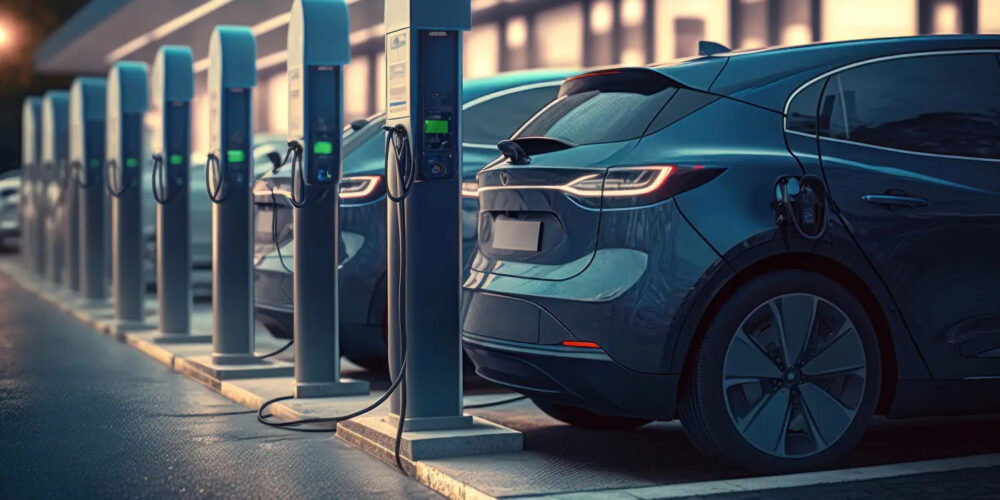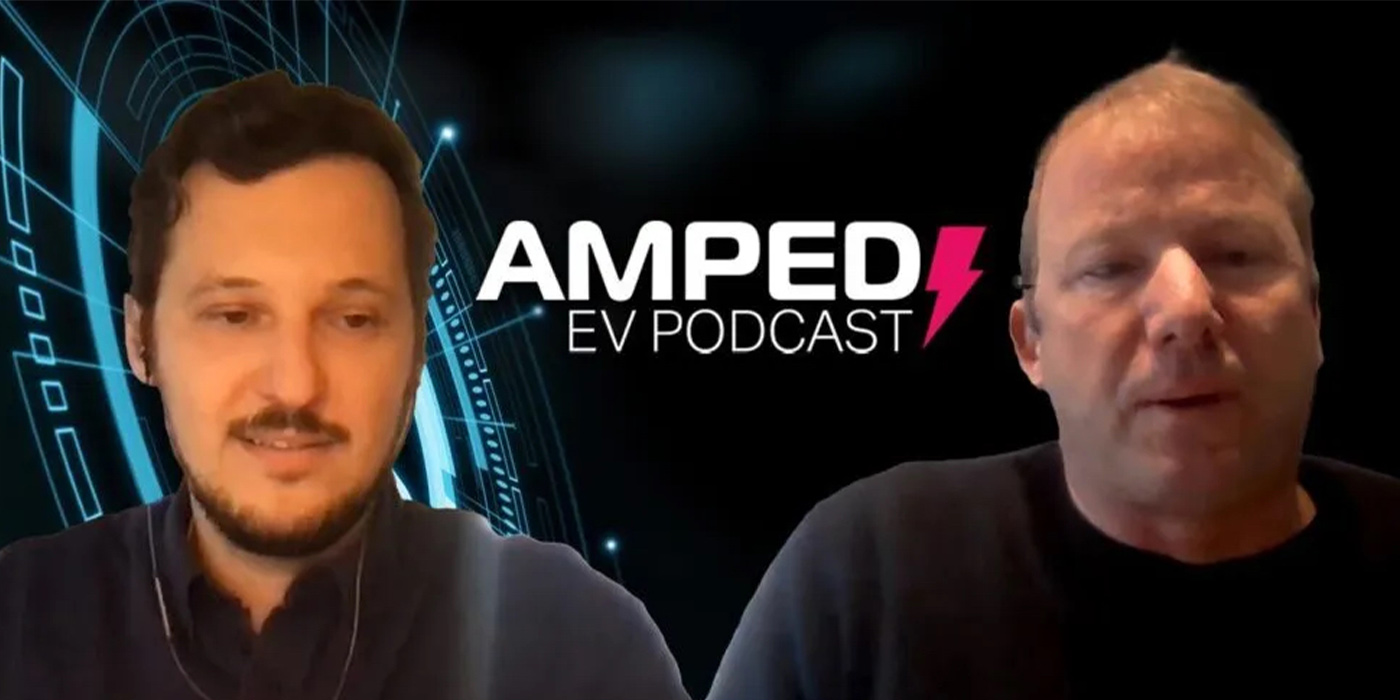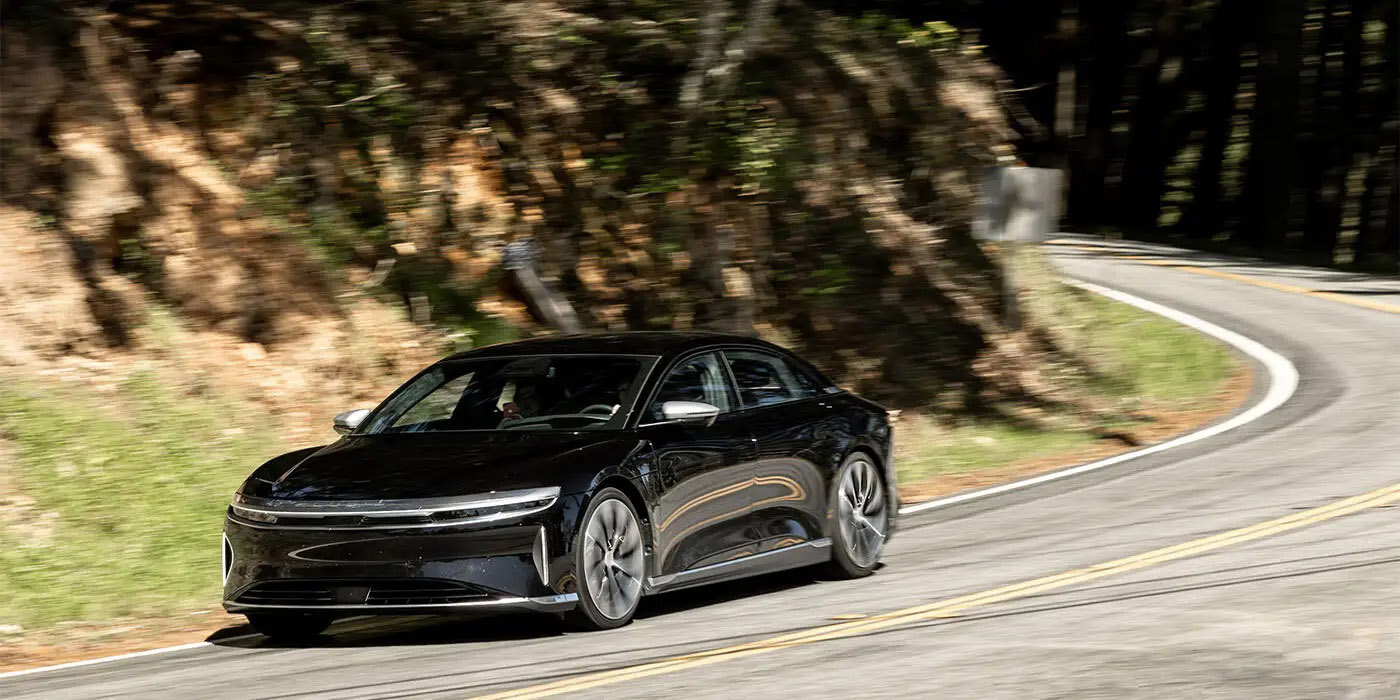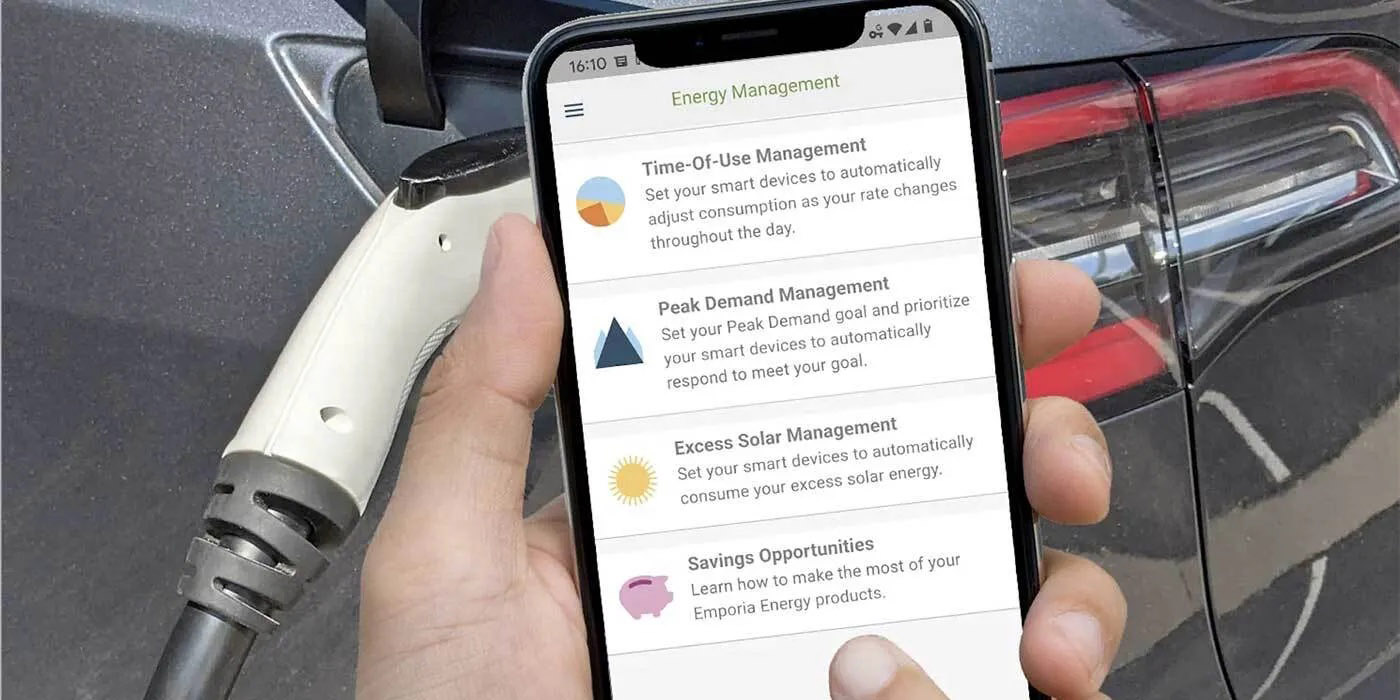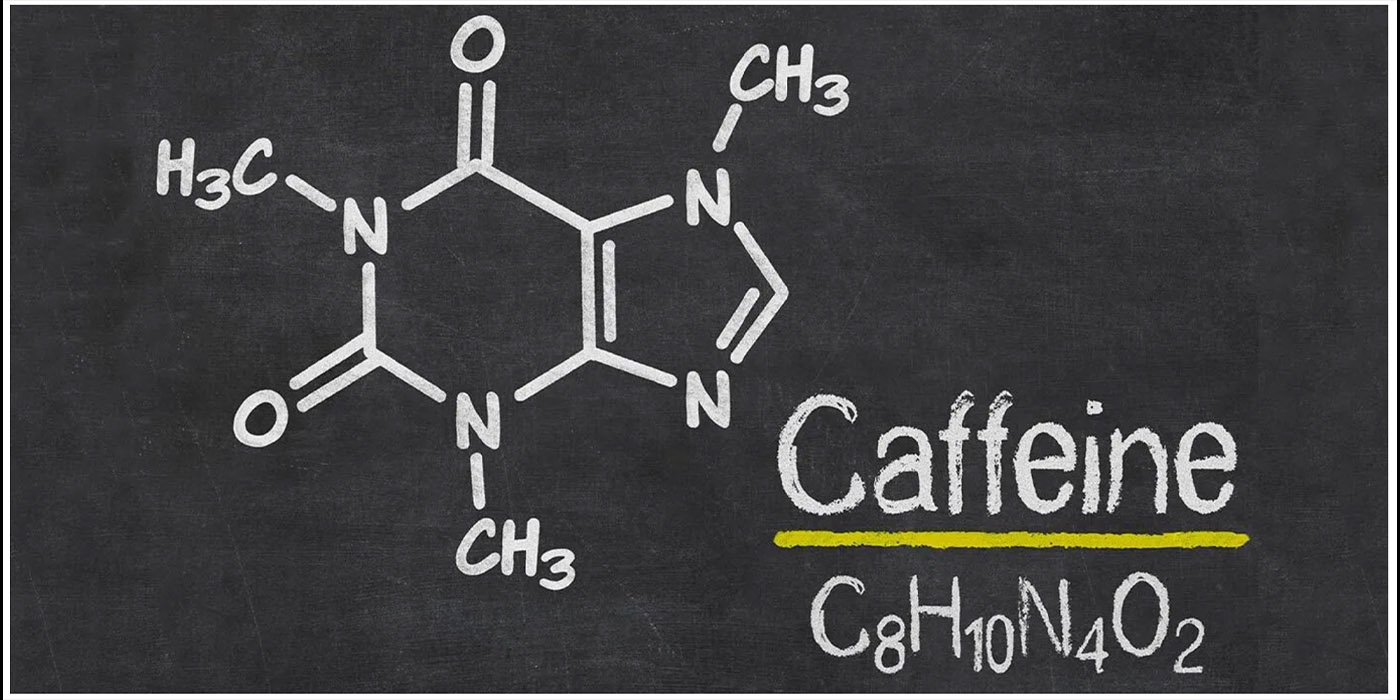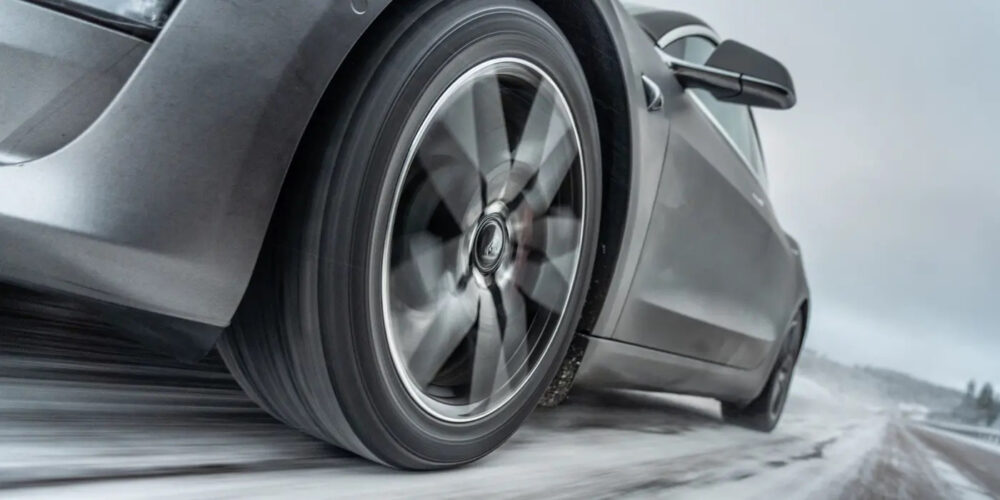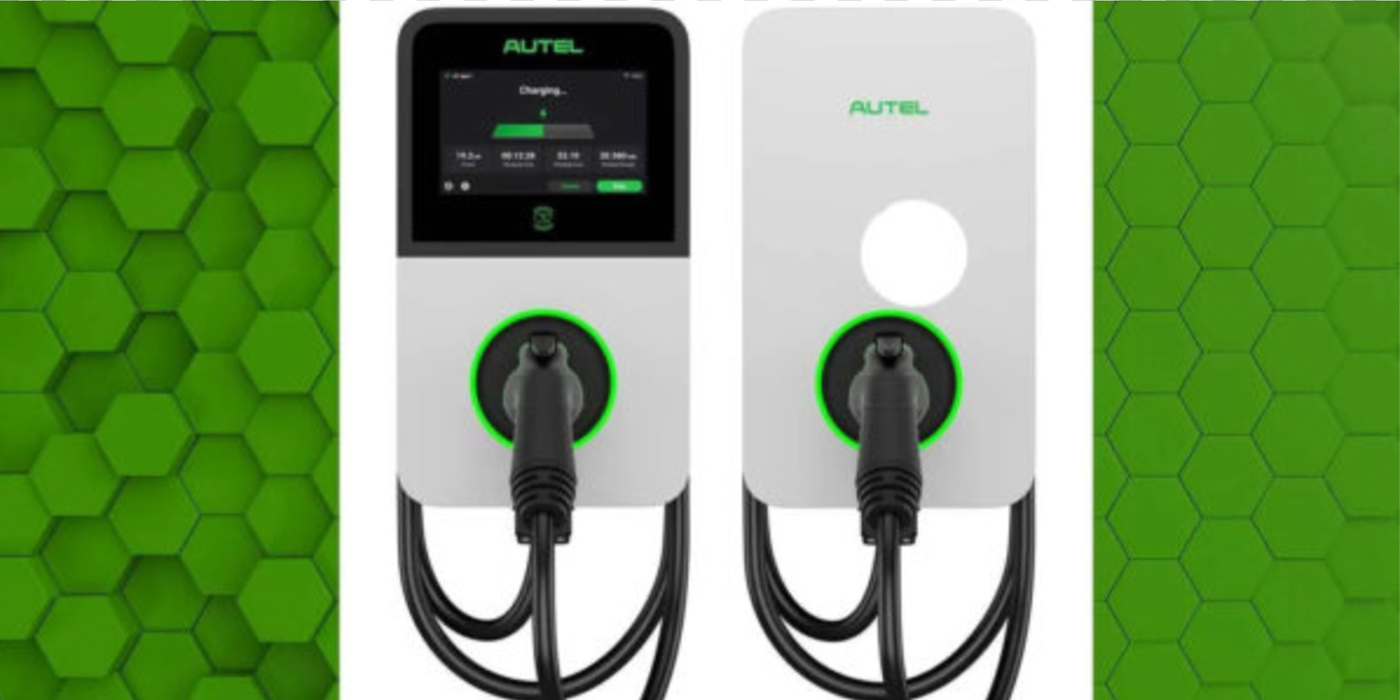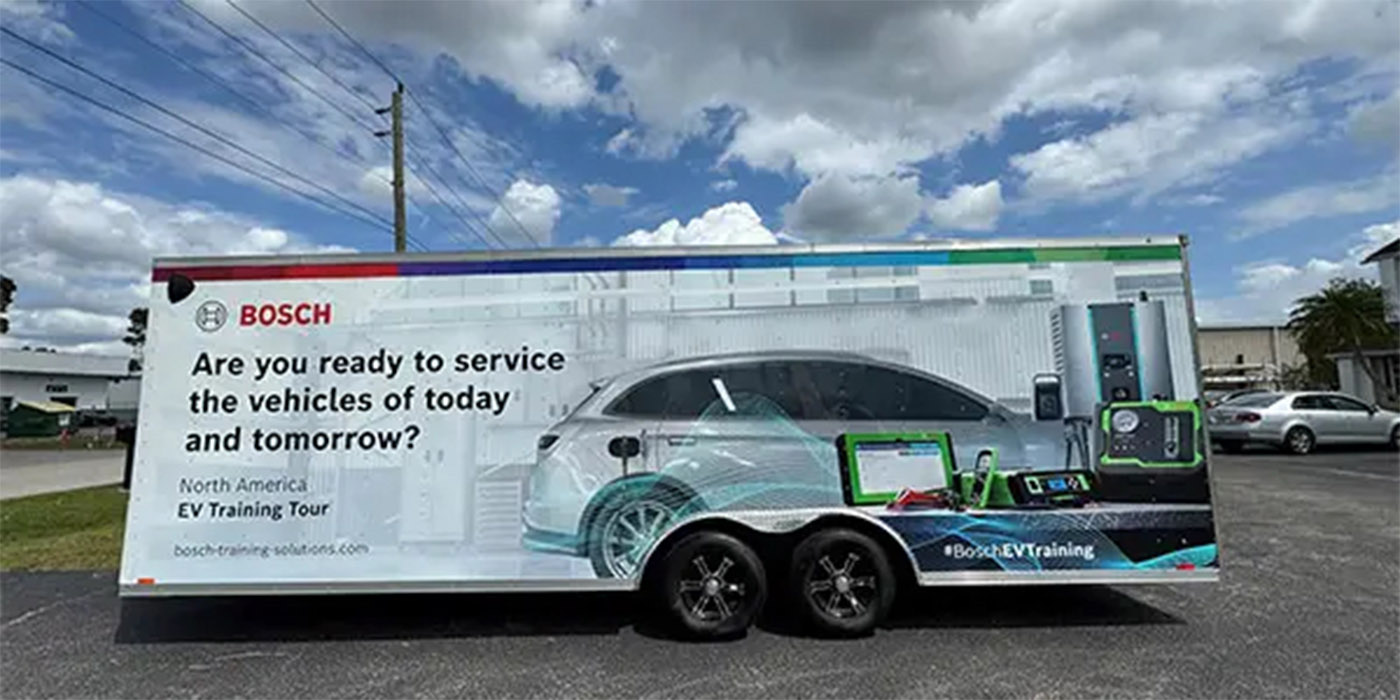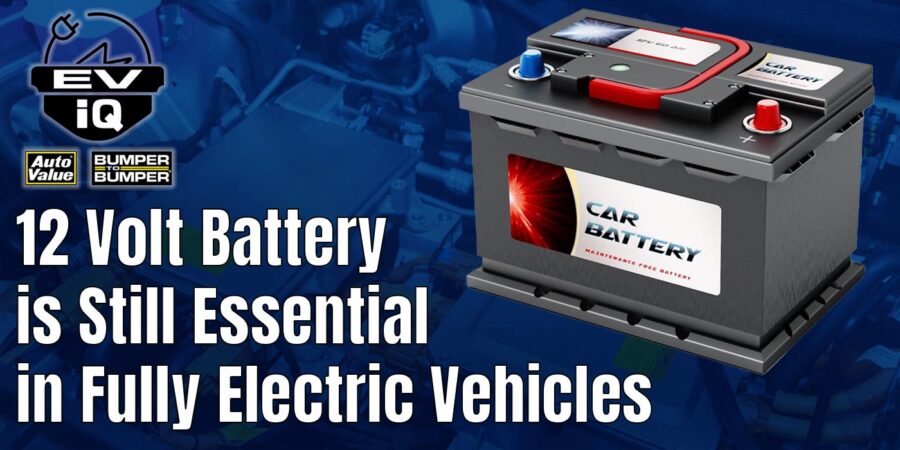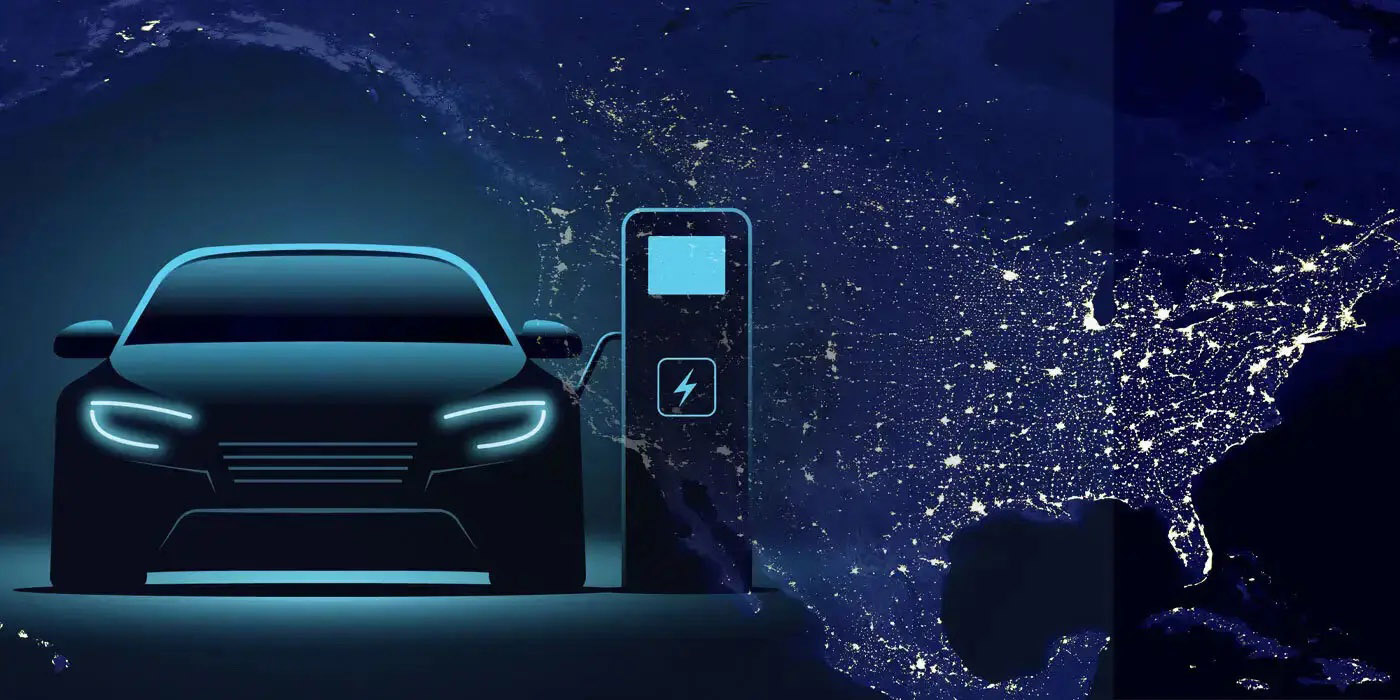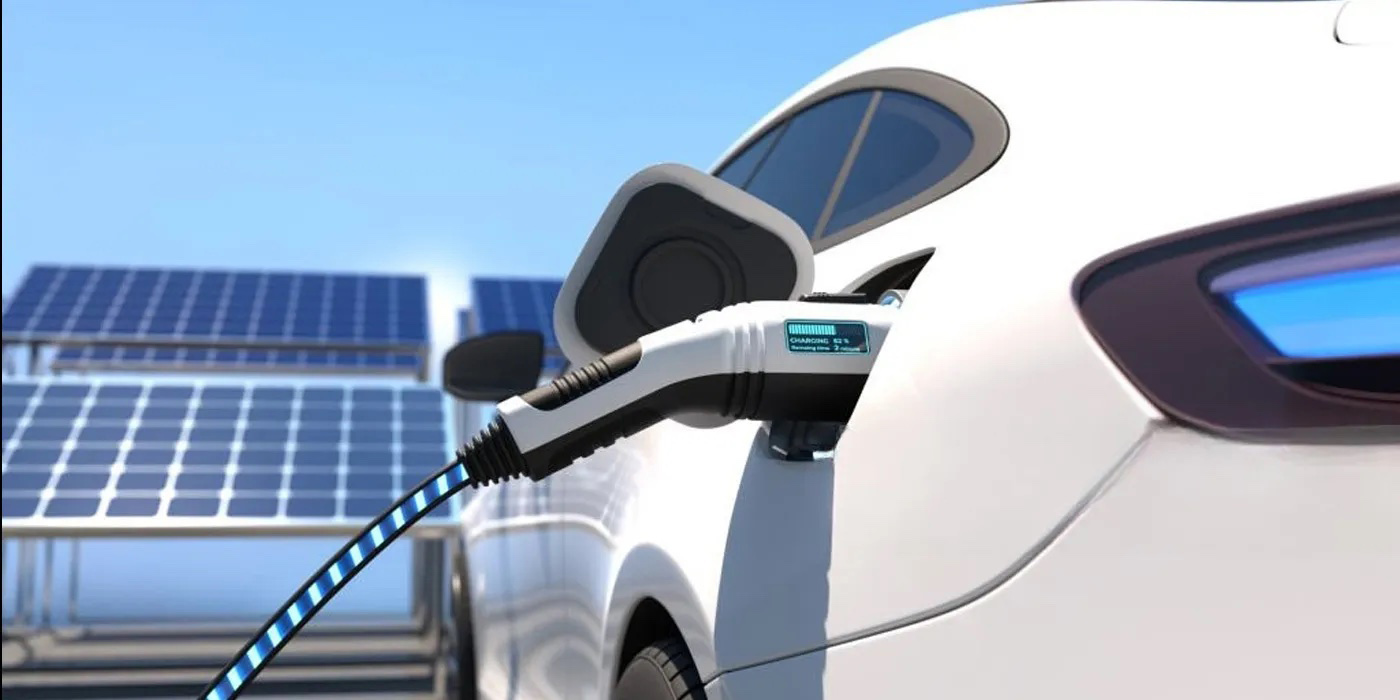In a joint announcement with Intel, SAE International formed the Vehicle Platform Power Management Committee (J3311) at the Consumer’s Electronic Show (CES) in Las Vegas on Jan. 9. The new SAE standard committee will adopt advanced power management concepts from the personal computer (PC) industry, helping EVs to become more energy-efficient and sustainable, it said. Intel will chair the committee.
According to SAE, the focus of the new committee is to develop an automotive standard for vehicle platform power management. Inspired by power management techniques from the PC industry’s Advanced Configuration and Power Interface (ACPI) standard, the new SAE standard will define electronic control unit (ECU) interfaces and functions necessary to enable OEMs to develop and deploy context-aware, vehicle-wide optimal power generation and consumption, while allowing differentiation in implementation.
“By enabling EVs to become smarter about when and where the energy is needed, this approach holds immense potential for optimizing battery performance, reducing energy waste, and extending driving ranges for BEV, PHEV, HEV and even ICE vehicles that will still be an integral part of the emerging markets landscape,” Christian Thiele, ground vehicle standards director at SAE international, said. “It is vitally important for the industry, as well as academia and government, to come together to help drive these efficiencies to make these vehicles more sustainable.”
In addition to Intel, the J3311 committee includes industry representation from Stellantis, HERE and Monolithic Power Systems (MPS). The committee is open to additional industry participation, intending to deliver the first draft standard within 12 to 18 months.

